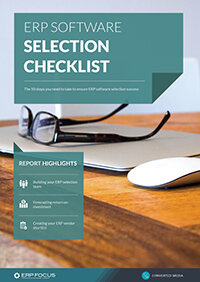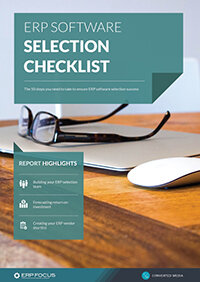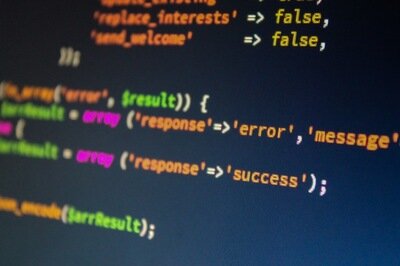8 core features you can expect from ERP sales modules
Customers and sales are the heart of a business. They are the heart of ERP systems too, linking the orders that place demands on the business with the cash flow that feeds the business. There is a huge variety in the sales requirements of different businesses, so which core features should you expect to find in an ERP sales module?
1. Customer database
The name of the account you are doing business with. This can often be categorized in ERP as suspect, prospect, or customer. Customers can also be grouped by product or in any way that makes sense within the ERP database. Advanced customer features would include CRM tools such as a sales pipeline, linked customers and prospecting tools.
2. Multi-tiered orders
When an order is taken, it has lines describing the product and the amount of the sale. These lines can be broken into releases where a line can have multiple delivery dates and quantities. Orders also have a request date when the customer would like to have the product.
Recommended reading: 50-step ERP selection checklist
ERP can support this multi-tiered configuration when set up correctly. The agreed-upon date can be set up in ERP as a ship date or a delivered date with transit time being the difference. Some orders with multiple lines will request that all lines be delivered together. Otherwise, each line might have independent dates for delivery or shipment.
3. Quoting
The structure of quotes in an ERP sales module is often similar to an order but there is no agreement yet to deliver. Quotes usually have an ending date when the quote is no longer valid. After negotiation is complete, ERP should allow you to convert a quote into an order.
4. Sales forecast
These forecast expected future sales or orders by customer. Many ERP systems include a variety of statistical models to project the future from past sales patterns. These should have some grounding from customers (order history, customer growth projections etc.). Forecasts are used to predict order demands where needed to plan component purchases or future capacity.
5. Credit limit
When orders are taken to be delivered before payment, a business will establish a credit limit for each customer. This should cause an alert in ERP when orders are taken more than a credit limit. This system limit can cause shipments to be held until payment is received for orders already shipped and not yet paid for.
6. Backlog
ERP should provide a queryable database of all open orders, usually sequenced by due dates. Orders for next month delivery are likely to be already in process of production or procurement. Orders in the distant future might have no immediate action planned. An integration with production and quality control modules is useful here.
7. RMA
ERP should also support a return material authorization (RMA). When a customer asks to return a shipment, they will ask for authorization. These are essentially negative orders.
8. Sales territories
ERP can provide a geographic or similar breakdown of sales by sales persons. Each person selling will “own” a territory within the system and be responsible for orders, bookings, and backlog in that territory.
Whether your business is “sales driven” or not, understanding the potential efficiencies associated with an ERP sales module can have a huge impact on system ROI.
Free white paper

60-Step ERP Selection Checklist
Get the comprehensive checklist for your ERP selection project

Related articles
-

5 Ways ERP Forecasting Can Improve Business Efficiency
Read about 5 areas of your business which can be dramatically improved through ERP forecasting.
-

CMMC Compliance: What Aerospace and Defense Manufacturers Need to Know
Key insights on CMMC compliance, deadlines, and securing DoD contracts with CMMC 2.0 certificatio...
-

Three challenges to overcome when integrating ERP with CRM
It’s easy to slip whilst integrating your ERP and CRM software - here are areas where you shouldt...

